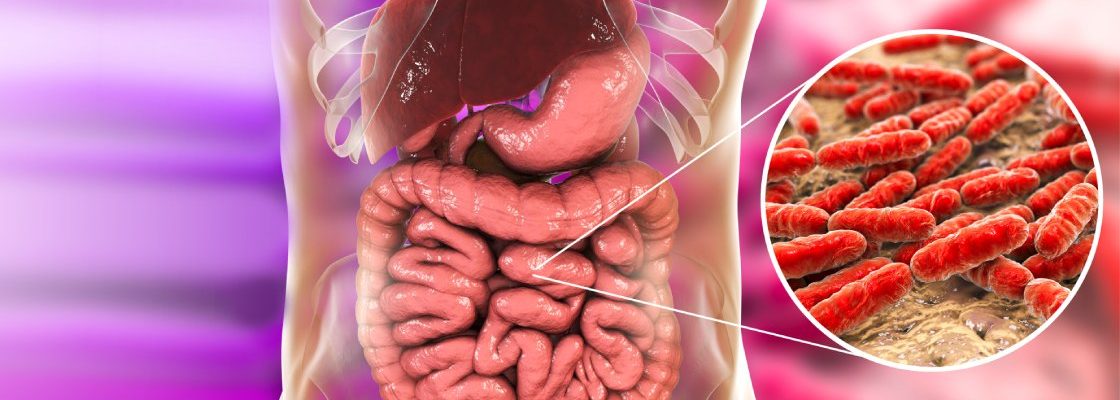Gut and Digestive Health Naturopathic Treatments in San Diego

What Causes An Unhealthy Gut?
Several factors may contribute to an unhealthy gut. Individuals taking frequent antibiotics are at an increased risk gut disorders as these medication also impact good microbes.
Those consuming a Standard American Diet which is low in fiber are also prone to gut problems as fiber is crucial for a healty gut.
Lastly, chronically-stressed individuals may also be more likely to develop an unhealthy gut due to the impact of stress hormones on the GI tract.

Why Is Gut Health Important?
Gut Health and Sleep
Immune and Gut Health
Gut health and Mood
Concentration and Gut Health
Skin and Gut Health
Gut health can have a significant impact on skin health. Certain microbes in the gut cause inflammation, resulting in skin problems. This includes acne, eczema, and psoriasis. It also includes the worsening of skin conditions. The microbiome also affects immune function causing impaired regulation and balance, resulting in increased inflammation and skin infections.
Improve Your Digestive Health Naturally
Book a discovery call with one of our experienced naturopathic doctors to learn how we can help.
Book your appointment in San Diego today!
Conditions Associated With An Unhealthy Gut
Dysbiosis
An imbalance in the bacteria in the intestines is referred to as gut dysbiosis.
This manifests as health problems including nutrient deficiencies, inflammation, and digestive disorders. Symptoms of dysbiosis inclyde bad breath, bloating, constipation, diarrhea, abdominal pain etc.
Dysbiosis is usually diagnosed by your doctor by reviewing your medical history, assessing your symptoms, and by ordering tests including a comprehensive digestive stool analysis (CDSA).
A CDSA can tell your doctor if there is an imbalance or overgrowth or bacteria in your digestive tract.

A digestive disorder associated with dysbiosis is SIBO. SIBO is a condition when abnormally high amounts of bacteria move up from the large intestine into the small intestine. The main symptoms include abdominal pain, gas, bloating, constipation and diarrhoea. SIBO is a common cause of irritable bowel syndrome (IBS).
Though diagnosis might seem like the primary challenge here, it’s key to catching this issue early on. Many patients suffer from SIBO for years because their doctors are unaware of it. If you think you might have SIBO, bring it up with your doctor.
Leaky Gut
Inflammatory Bowel Disease
Gastroesophageal Reflux Disease (GERD)
Heartburn, acid reflux, and GERD are prevalent diseases affecting hundreds of people in the United States. GERD is often worse at night when lying down. While GERD can be highly uncomfortable, there are several ways to manage and treat the condition. If you suspect you may be suffering from GERD, be sure to talk to your doctor.

Naturopathic Approach to Gut Health
When it comes to addressing gut conditions, as naturopathic and functional medicine doctors we take was is called the 5 R approach.
- Remove: any infection, bacterial, yeast, or fungal overgrowth, or food sensitivities and/or allergies that might be contributing to the condition.
- Replace: any digestive enzymes or stomach acid that needs to be added support healthy digestion.
- Repair: Repairing the gastrointestinal lining which is often compromised in gut conditions as discussed earlier in this article using supplements and herbs.
- Re-inoculate: adding back in any friendly bacteria that is lacking in the digestive tract.
- Rebalance: rebalancing the patient’s life to be able to maintain this new gut friendly way of life.

As naturopathic doctors will tell you, testing is vital in figuring out the source of any condition.
This includes testing blood for food allergies and sensitivities, yeast or bacterial overgrowth using breath or stool tests, as well as digestive and absorption markers.
Following a testing, your doctor will make a treatment plan that is personalized to you.
Ready to schedule an appointment?
